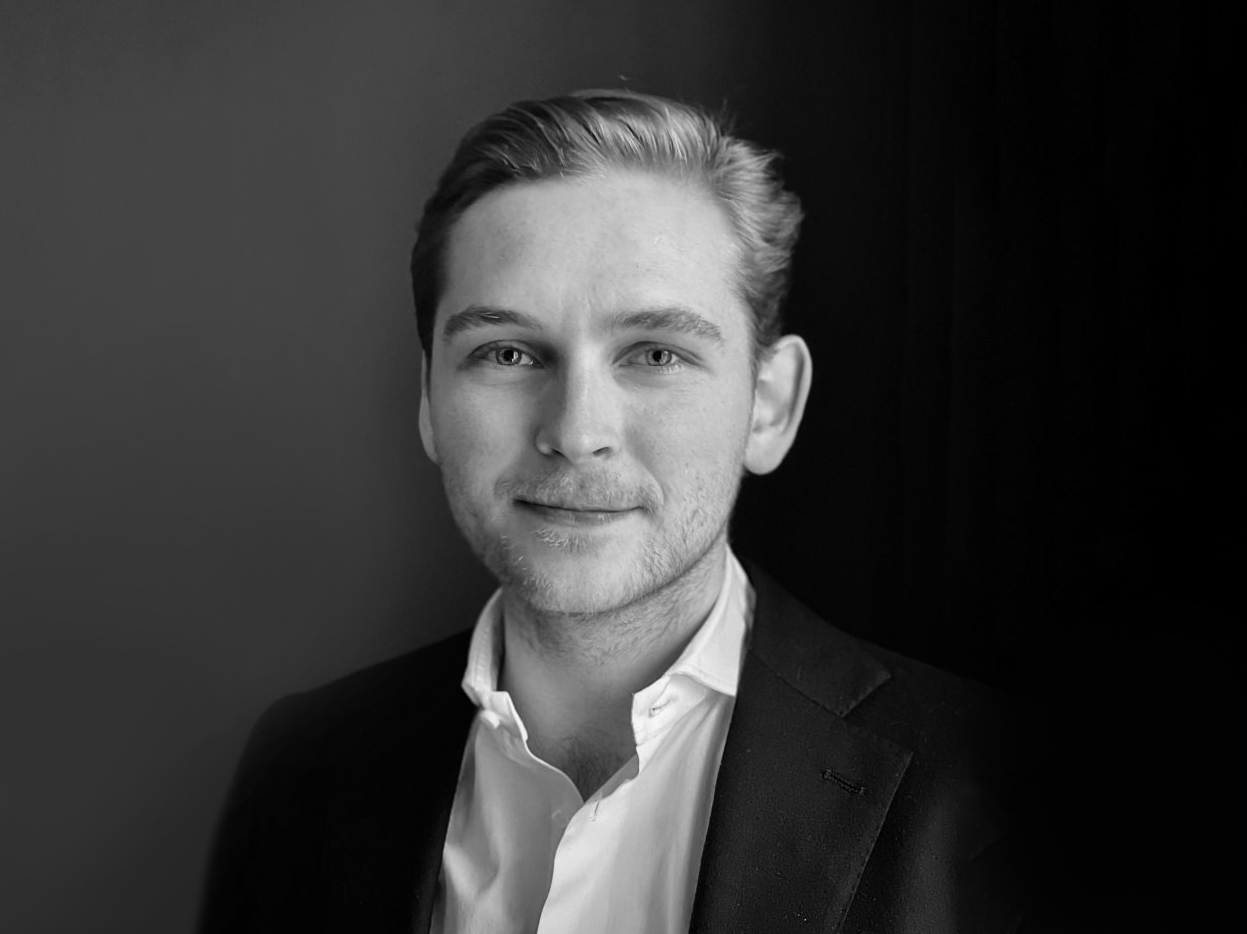In an interview with immobilienmanager, Fritz Stoessel, Managing Director of Sector Seven Investors GmbH, explains how the S factor can be integrated into project developments.
How important is the S factor in the development of individual buildings and building complexes?
Fritz Stoessel: Increasingly, the sector is realising that mono-functional properties are less successful over the long term, not least from a commercial standpoint. This is also evident from the increasing occupier demand for improved social standards. The elements of integration and collaboration play a decisive role in the successful interaction of social and economic sustainability.
But at the end of the day, isn’t it all about economic feasibility?
Fritz Stoessel: We are convinced that social sustainability generates commercial success. As we see it, economic feasibility and social responsibility are not an ‘either/or’ issue. Social aspects are also becoming more important for institutional investors, resulting in greater demand and the willingness to pay for buildings which integrate rather than displace. This means that investors are expanding their requirements to include social factors, because the E in ESG has been a matter of course for some time now.
You mentioned “integration and collaboration”. What exactly did you mean by that?
Fritz Stoessel: The S and G are fundamental to responsible entrepreneurial activity and are the only way to create sustainable properties for the future. An important step towards this goal is the development of strongly user-focused concepts. It has proven useful to have an initial discussion with existing, new and future occupiers to ask about their requirements and to listen to them, even before planning begins.
So what does this line of enquiry involve?
Fritz Stoessel: It’s about much more than achieving a bare minimum, which let’s say could be the creation of well-functioning workspaces within an office development. Instead of creating silos, it is important to focus on superordinate aspects such as superior amenity values, open areas and green open spaces, places for getting together, eateries and convenience stores. And last but not least, the newly developed buildings and complexes should also be attractive for those who are neither tenants nor residents, but simply part of the local social scene.
Transformation of an industrial site in Kassel
Can you give us a practical example of this?
Fritz Stoessel: Our project on the Henschel site in Kassel is evidence that this is happening and shows how it works. The project comprises a mixed-use complex with in excess of 100,000 sq m planned area under the Lokq banner (Lokales Kreativ Quartier). As a Berlin investor, we work almost exclusively with local players such as city planners, local authorities and trade associations. We identify the best possible local expertise and people who speak the same language as we do in order to realise a common vision: the transformation of a former industrial site into a vibrant complex, a synergetic space for culture, leisure, business, research, social amenities and a variety of housing.
We are opening up the historic Henschel site for new uses and lifestyles whilst preserving its industrial character. Its identity as a creative location will also be protected, and current users such as skaters, artists and museum operators will remain in place. The involvement of all stakeholders at an early stage means that we do not leave the emergence of functioning networks to chance, but promote these in a targeted manner, based on collaboration.
How do you deal with the fact that the S factor is actually rather elusive?
Fritz Stoessel: Developing a framework for the S factor is indeed a challenge which has not yet been solved. We are working on this internally. But it is also about comparability in the market place. Meaningful and recognisable KPIs are still not there, but developing these is a very exciting and rewarding task that will be part of the further development of ESG as an issue. We need to develop parameters to measure the level of common good: to promote integration instead of displacement.
In conversation with Roswitha Loibl.
Current version edited 05.08.2022
